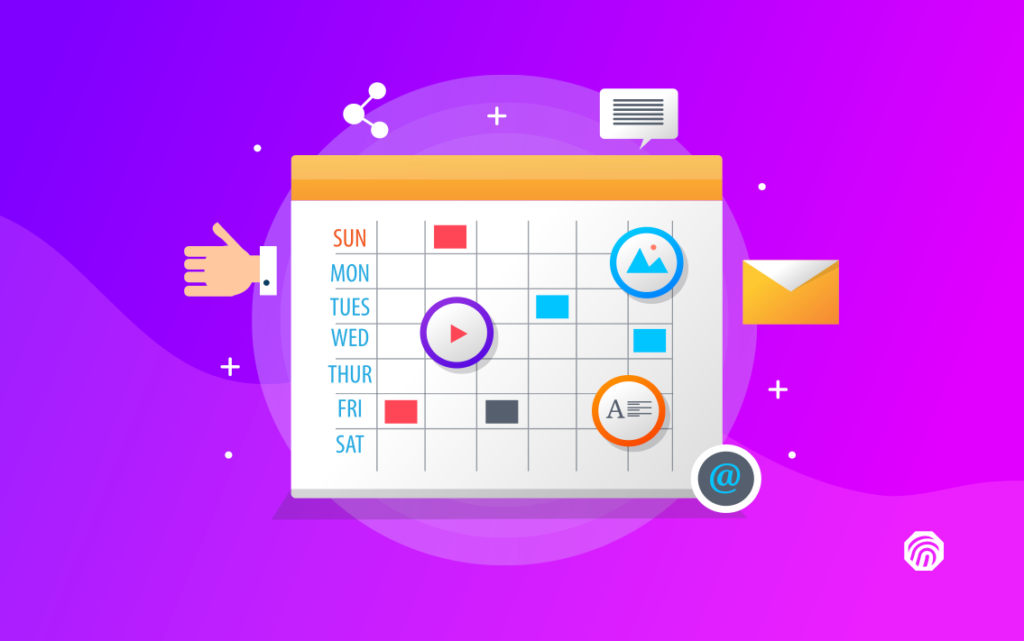Social media is a powerful marketing tool that can help you reach new customers and grow your business. However, not all social media platforms are created equal, and choosing the right one for your business can be tricky. In this article, we’ll explore different social media platforms and help you choose the best one for your business.
Why Social Media Matters?

For many small businesses, social media is the perfect way to connect with customers and build a relationship. Not only does social media allow you to reach potential customers in a cost-effective manner, it can also help you gain insights about your customer base that you wouldn’t be able to get any other way. Additionally, social media can be a great way to promote your business on a global scale.
There are a number of different platforms available for small businesses to use, but it’s important to choose the right one for your company. Here are four factors to consider when choosing a social media platform:
– Your target audience.
– Your budget.
– Your marketing strategy.
– The features available.
The Best Time to Post

The best time to get instant likes for your posts is typically during the morning or afternoon hours, according to a study by SocialBee. This is because people are more active and engaged in their social lives during these times. Additionally, posts made during the morning or afternoon hours tend to reach more people than those made at other times of the day.
How Often to Post?
When you’re starting a business, one of the most important decisions you’ll have to make is what kind of social media to use. Choosing the right social media for growing your business can be really tough, but luckily there are some guidelines to follow.
– The first decision you need to make is how often you want to post. For most businesses, a weekly posting schedule will be best. This means that you’ll post every week on Monday, Wednesday, and Friday. However, if your business is more popular or if you have more time to spend on your social media marketing, then you may want to post more often. A posting schedule of twice a day (every other day) will work well for many businesses. However, keep in mind that if your posts are too frequent, they may not get as much attention as they would if they were spaced out more.

– Another factor to consider when choosing social media platforms is your target audience. If your business sells products or services that are specific to a certain demographic, it’s important to choose a platform that targets that group. For example, if you’re a bakery and your target market is people who love cake, then Instagram would be the best platform for you.
– Finally, it’s important to think about what kind of message you want to send with your social media posts. Sometimes businesses will want to focus on promoting their product or service. Other times they may want to focus on building relationships with their audience. There is no one right answer, but it’s important to think about what kind of message you want to project and which social media platform is best suited for that.
Key Elements of a Good Social Media Strategy

- Identification of your target audience. The first and most important step in creating a social media strategy is to identify your target audience. Once you know who you’re trying to reach, you can create content that is relevant to them and promotes your business goals.
- Creation of a content strategy. The second key element of a successful social media strategy is the creation of a content strategy. This involves identifying what type of content will be most effective for your audience and making sure that it’s consistently produced.
- Monitoring and measuring results. It’s essential to monitor and measure the results of your social media efforts regularly in order to determine whether or not they’re yielding the desired results. This includes tracking engagement rates, finding new followers and generating leads from your social media campaigns.
As businesses continue to grow online, it’s important to choose the right social media platform for your business. While each platform has its own unique strengths and weaknesses, this guide will help you decide which one is best for your business.





